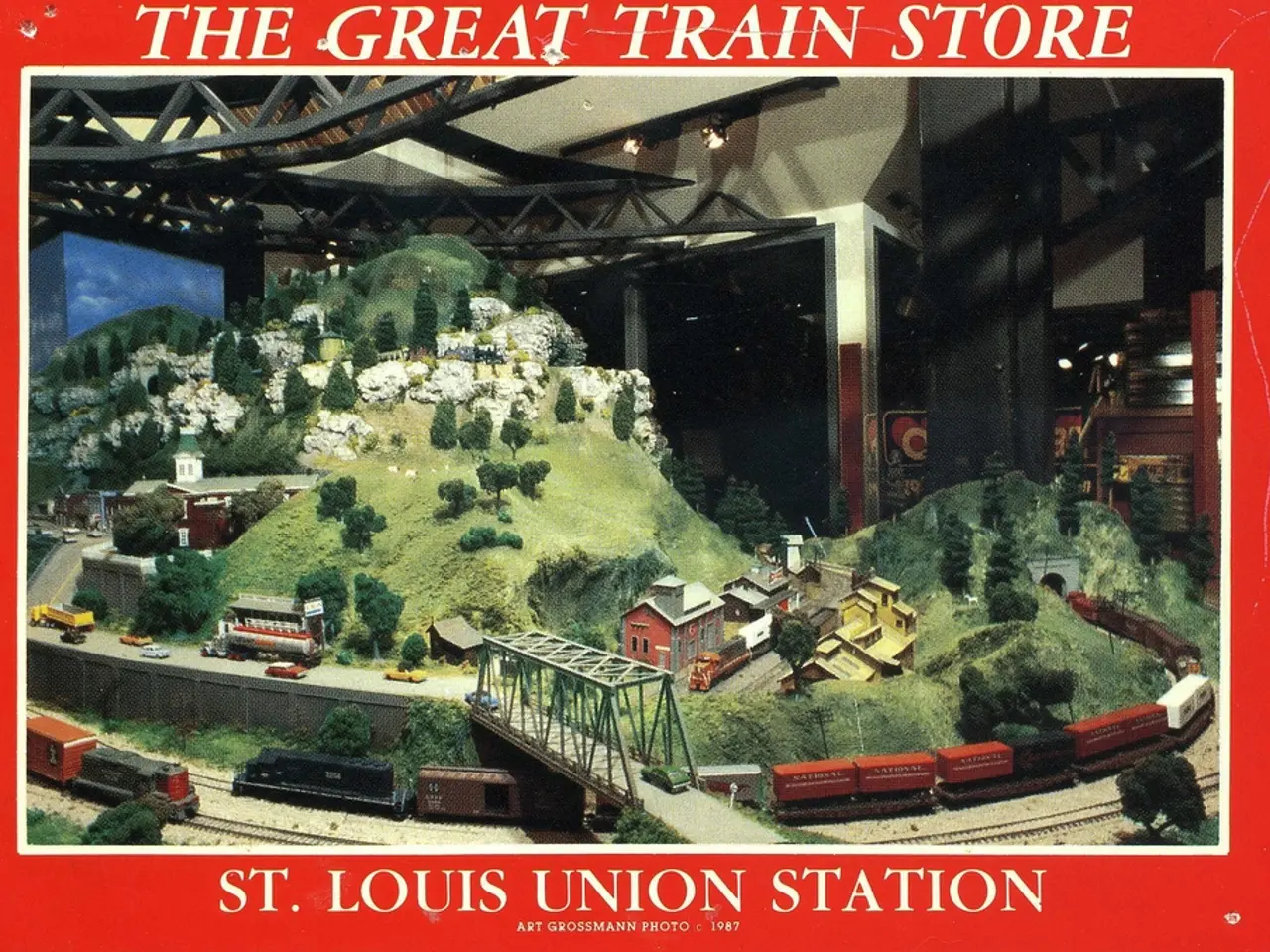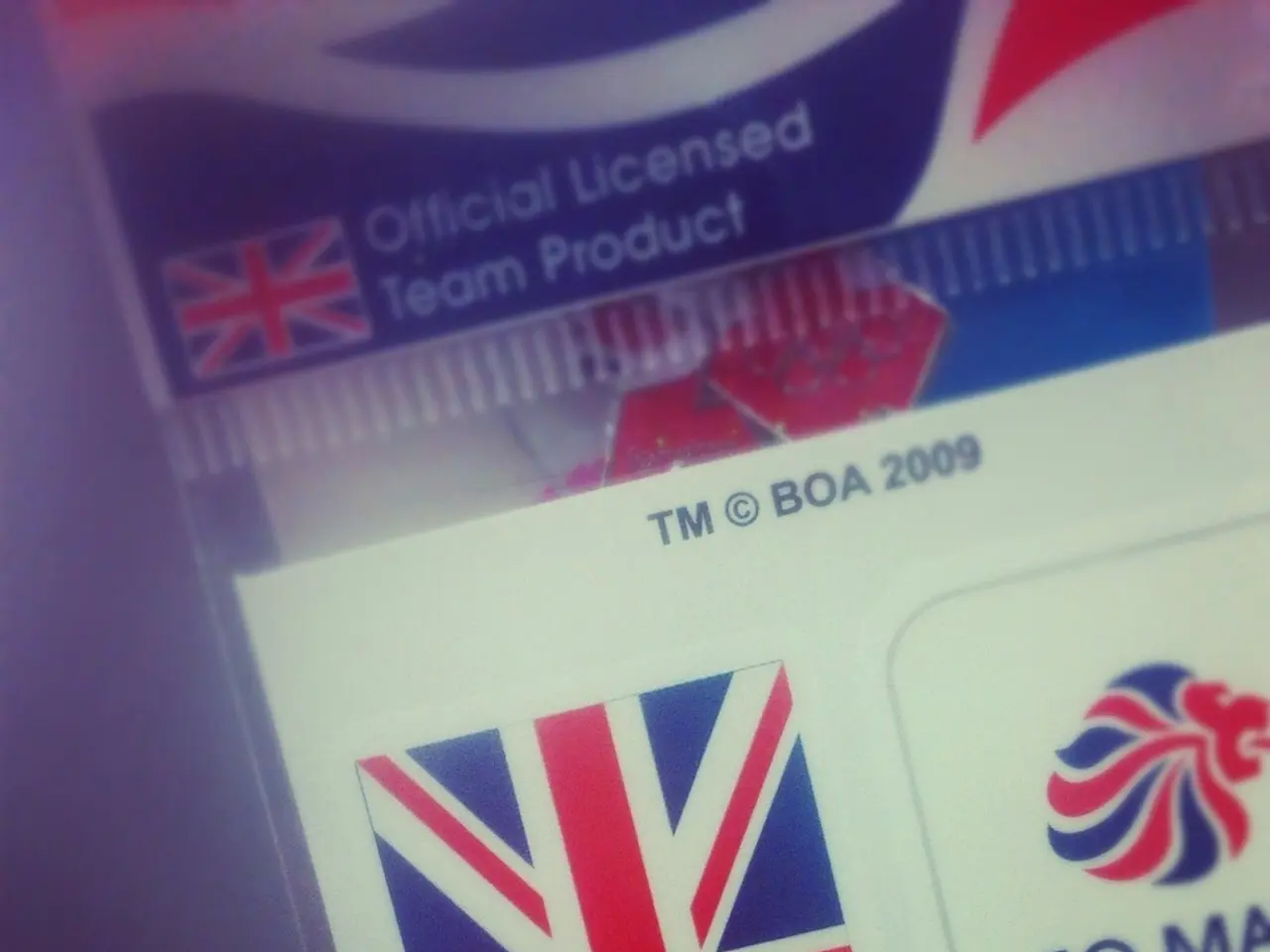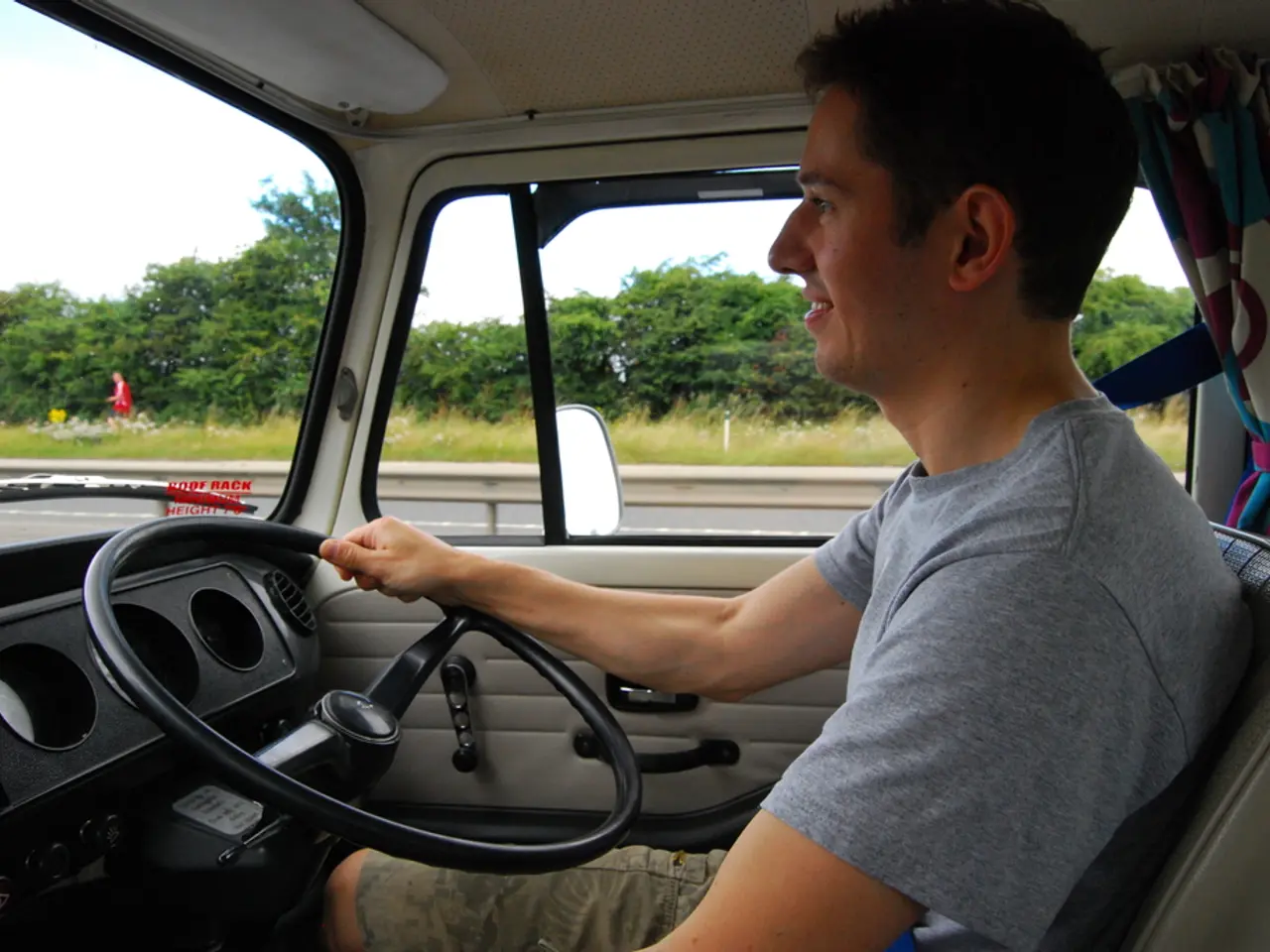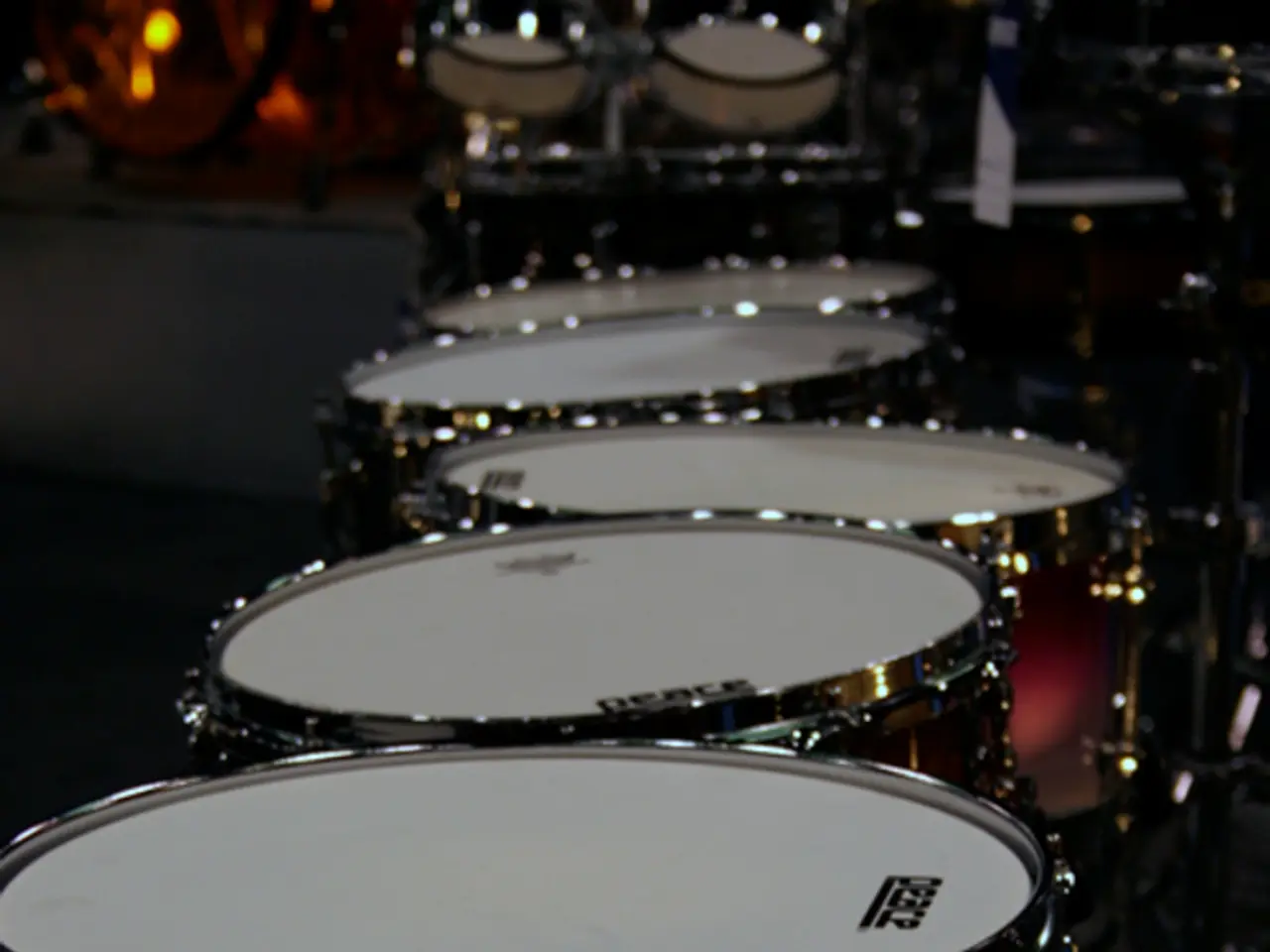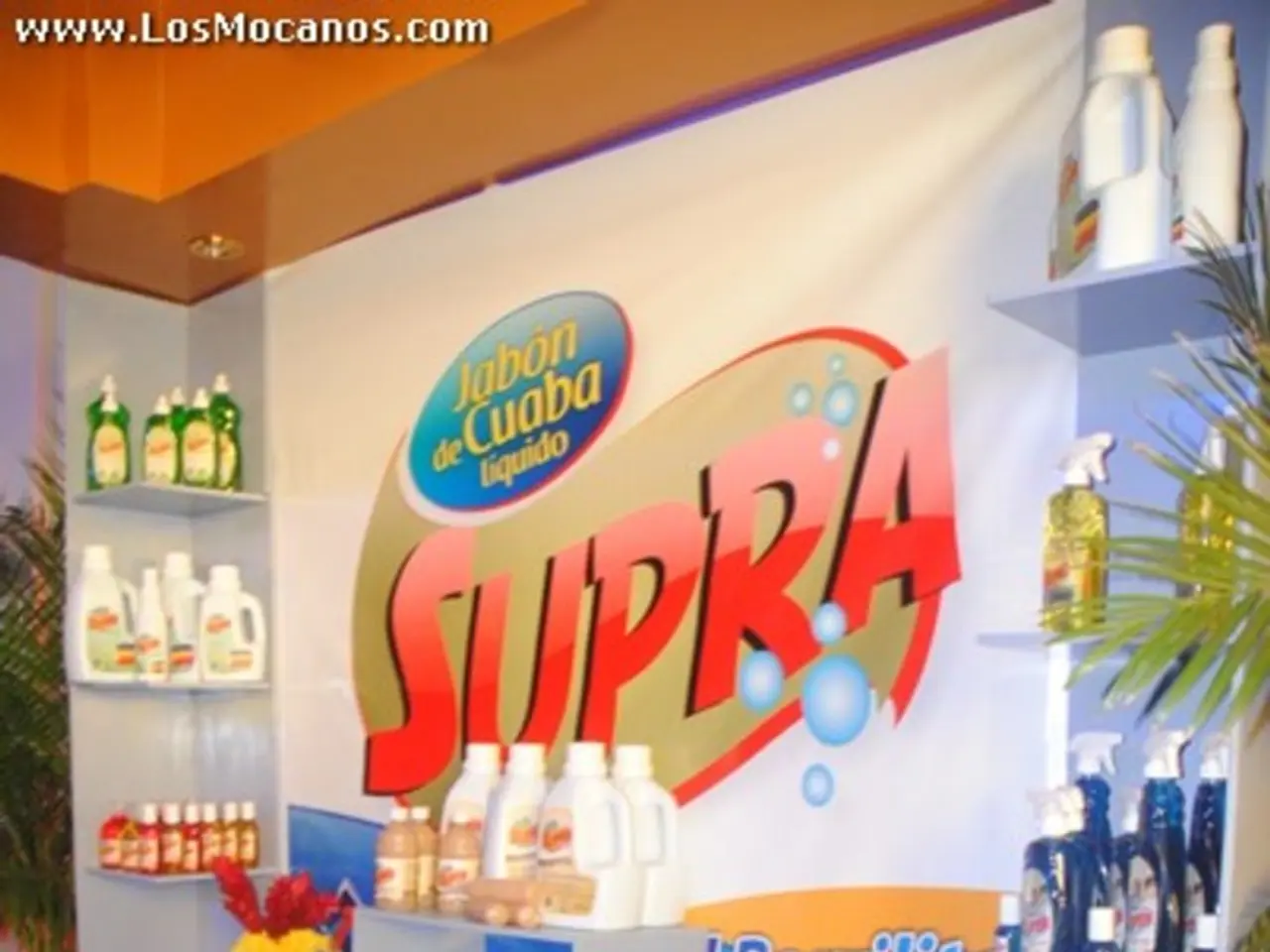"A thriving economy relies on adequate housing"
In a survey conducted by the Chamber of Crafts in December 2020, 628 craft businesses in Düsseldorf were asked about their location preferences and challenges.
The survey revealed that the proximity to customers, good public transport connections, and accessibility to suppliers are key factors for these businesses when choosing a location. However, a major challenge they face is the limited and expensive parking options, which complicates logistics and daily operations. Many craft enterprises rely on vehicles for transporting materials and finished products, so insufficient parking near their locations restricts efficient loading and unloading, posing a significant operational hurdle.
The main reasons for relocation are lack of expansion possibilities (54%) and lack of parking spaces (42%). This tension between desirable central locations and parking availability is a notable issue highlighted by the craft sector in the survey.
President Andreas Ehlert believes that multi-story commercial buildings can lead to positive densification, saving space while allowing growth. He emphasizes the need for a mix of residential, leisure, and work functions in modern urban planning to create vibrant and functional neighborhoods. He warns against pushing commerce out of inner-city locations to the outskirts as it would increase mobility needs and create long-term, dysfunctional neighborhoods.
Over a third of these businesses must find a solution within the next year. Connectivity to the road network, price levels, parking availability, and proximity to customers were the most important location factors for businesses, according to the survey. Parking was identified as a weak point among location factors, with 56% of companies unsatisfied with parking options.
President Andreas Ehlert advocates for the concept of a "city of short distances": "We must bring living and working closer together." He emphasizes the importance of a good public transport system for employee mobility and customers. He also suggests that such a city can make the city center and neighborhood centers more livable, attractive, and resilient.
However, the feasibility of multi-story commercial buildings varies between trades; it's more feasible for a dental technician than an electrical machinery builder. President Andreas Ehlert also pointed out that many businesses need vehicles to reach customers and work on-site, and a heating boiler does not fit on a cargo bike.
In summary, the survey highlights the importance of location factors for craft businesses in Düsseldorf and the challenges they face due to limited and expensive parking options. The craft sector shows openness to multi-story commercial buildings given space constraints, but the feasibility varies between trades. President Andreas Ehlert emphasizes the need for a balanced mobility policy that includes smooth traffic flow, intelligent parking solutions, and a mix of residential, leisure, and work functions in modern urban planning.
- The limited and expensive parking options that craft businesses face in Düsseldorf are causing a significant operational challenge, particularly for those that rely on vehicles for transporting materials and finished products.
- The craft sector in Düsseldorf, in their survey, identified parking as a weak point among location factors, with 56% of companies expressing dissatisfaction with parking options, making it a key area for improvement in urban planning.
